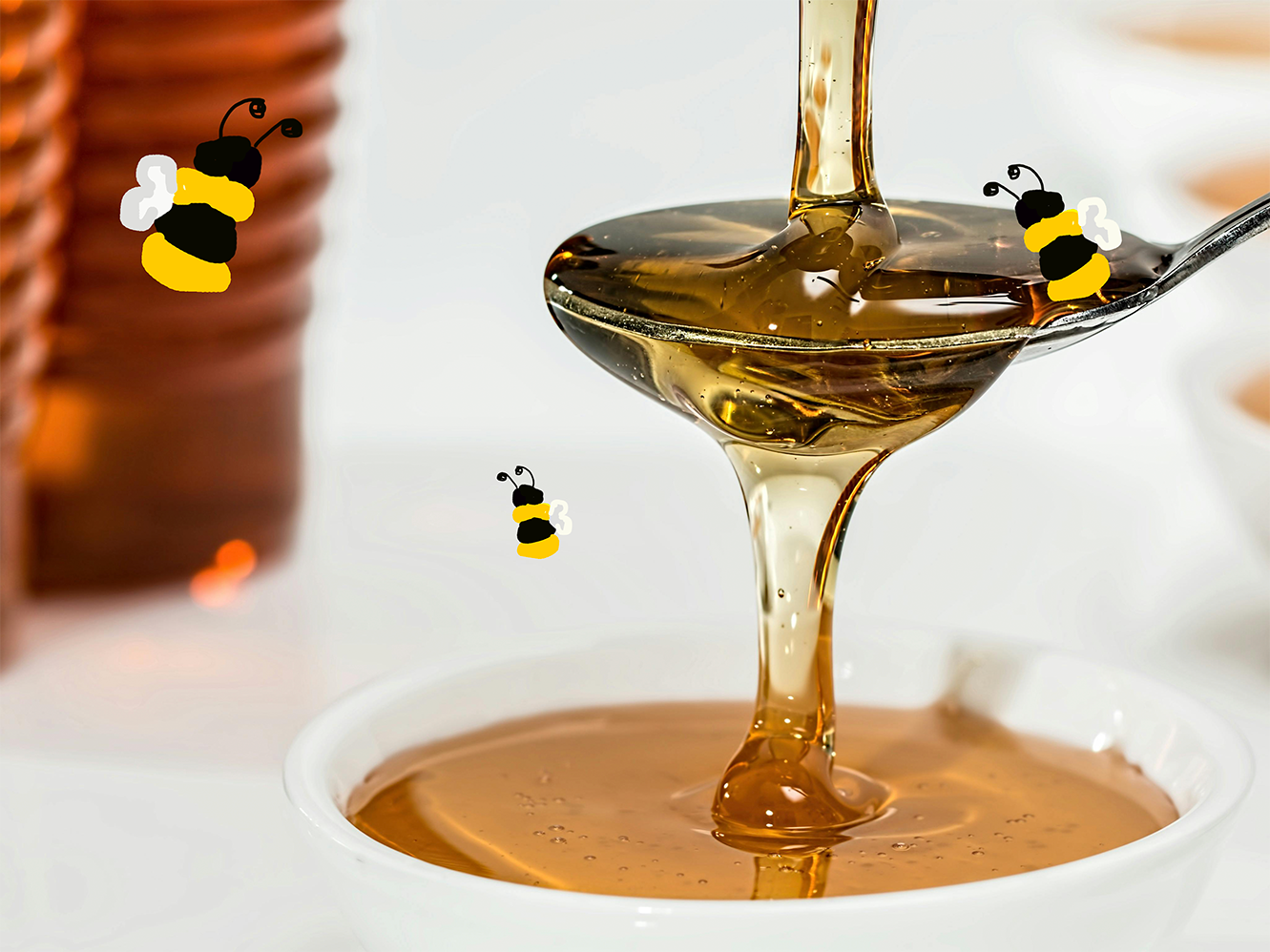Why You Should Choose Natural Sweeteners Over Refined Sugar and Synthetic Alternatives
Have you ever wondered why your grandmother’s jam, made from freshly picked garden berries, tastes better and is healthier than store-bought desserts?
Nature provides us with everything we need; sweetness is one of its most generous gifts.
Today, surrounded by refined sugar and synthetic sweeteners, it’s time to return to natural products that satisfy our taste buds and care for our health. Here’s why.
Refined Sugar – A Processed Product with Harmful Effects
Refined sugar is a processed product consisting of 99% sucrose, derived from sugarcane (70%) or sugar beet (30%).
While sugar plays an essential role in our diet due to its flavor, sweetening properties, and use in food preservation, excessive consumption can lead to serious health issues.
- Health Problems: High intake of refined sugar is associated with chronic non-communicable diseases, such as an increased risk of dental cavities, overweight, and even neurodevelopmental disorders in children.
- Hidden Sugar: Refined sugar is frequently used in various products—processed foods, soft drinks, ice creams. These products may also contain high amounts of salt, added fats, and artificial coloring, further harming our health.
Refined sugar is a sweet enemy, hiding serious dangers to our health.
Zero-Calorie Synthetic Sweeteners – Are They Really the Best Choice?
Synthetic sweeteners like aspartame, sucralose, and saccharin are often used as sugar substitutes because they provide sweetness without calories.
While this might seem like an excellent alternative at first glance, it’s important to understand the potential consequences of their use.
- Health Concerns: Some studies suggest that synthetic sweeteners may disrupt the balance of gut microbiota, affect metabolism, and even promote weight gain despite being calorie-free.
- Long-Term Effects: Although synthetic sweeteners are approved, the long-term impact on health is still under investigation, and some scientists express concerns about potential risks.
In 2023, a systematic review by the WHO found that non-sugar sweeteners (NSS) provide no long-term benefit in reducing body fat and may increase the risk of type 2 diabetes, cardiovascular diseases, and mortality in adults.
Natural Sweeteners – A Healthier Alternative
Alternatives like unrefined sugars and natural sweeteners are gaining significant interest due to their beneficial properties.
They provide sweetness and also enrich the body with valuable nutrients.
- Honey: A natural sweetener produced by bees from flower nectar, rich in antioxidants and enzymes, offering antibacterial and anti-inflammatory properties.
- Coconut Sugar: Made from the nectar of coconut palm blossoms, rich in minerals and antioxidants.
- Agave Syrup: Extracted from the agave plant, it has a high concentration of inulin—a prebiotic that improves gut microbiota.
- Date Syrup: A natural sweetener containing plenty of vitamins, minerals, and antioxidants that help fight free radicals.
- Mesquite: Powder from mesquite tree pods, rich in proteins, fiber, and minerals.
- Bourbon Vanilla: A natural spice that provides intense flavor, allowing you to reduce added sugar.
Natural sweeteners offer not just sweetness but also health benefits.
Why Reduce Refined Sugar and Synthetic Sweetener Consumption
Nutritional Value: Refined sugar and synthetic sweeteners lack nutritional value—they contain no vitamins, minerals, or other beneficial substances.
Negative Consequences: Their consumption is linked to various health problems, including dental cavities, obesity, diabetes, and potential metabolic disorders.
Taste Distortion: Excessive consumption of sweet products can distort taste perceptions, encouraging the intake of even more sweets.
Moderation Is Key to Health
In an ideal world, we wouldn’t consume any added sugar at all, but for most people, that’s quite challenging. That’s why the best alternative is to choose natural sweeteners, which offer a healthier option without sacrificing taste.
It’s important to understand that even natural sweeteners contain calories and should be consumed in moderation. It is recommended that adults limit their daily intake of added sugars to no more than 25 grams.
Excessive intake can still contribute to weight gain and other health issues despite their more wholesome origins.
Natural sweetness also requires moderation.
Practical Tips for Healthier Choices
Choose Natural Products: Look for products with natural sweeteners and avoid processed foods with added refined sugar or synthetic sweeteners.
Read Labels: Pay attention to ingredients and try to avoid products high in sugar or artificial sweeteners.
Experiment in the Kitchen: Use fruits, spices, and natural sweeteners in your recipes.
A Healthier Choice Is a Return to Nature
Natural sweeteners are a healthier alternative to refined sugar and synthetic sweeteners because they have a higher nutritional value and can provide health benefits.
By reducing or eliminating the consumption of refined sugar and synthetic sweeteners from our diet, we can improve our health and well-being.
True sweetness lies not in calories but in the quality of life.
By choosing natural sweeteners and reducing the intake of refined sugar and synthetic sweeteners, we not only care for our health but also contribute to creating a healthier society.
It’s a step towards a better quality of life and greater longevity.
This article is for informational purposes only and does not constitute medical advice. Always consult your healthcare provider for personalized guidance.
